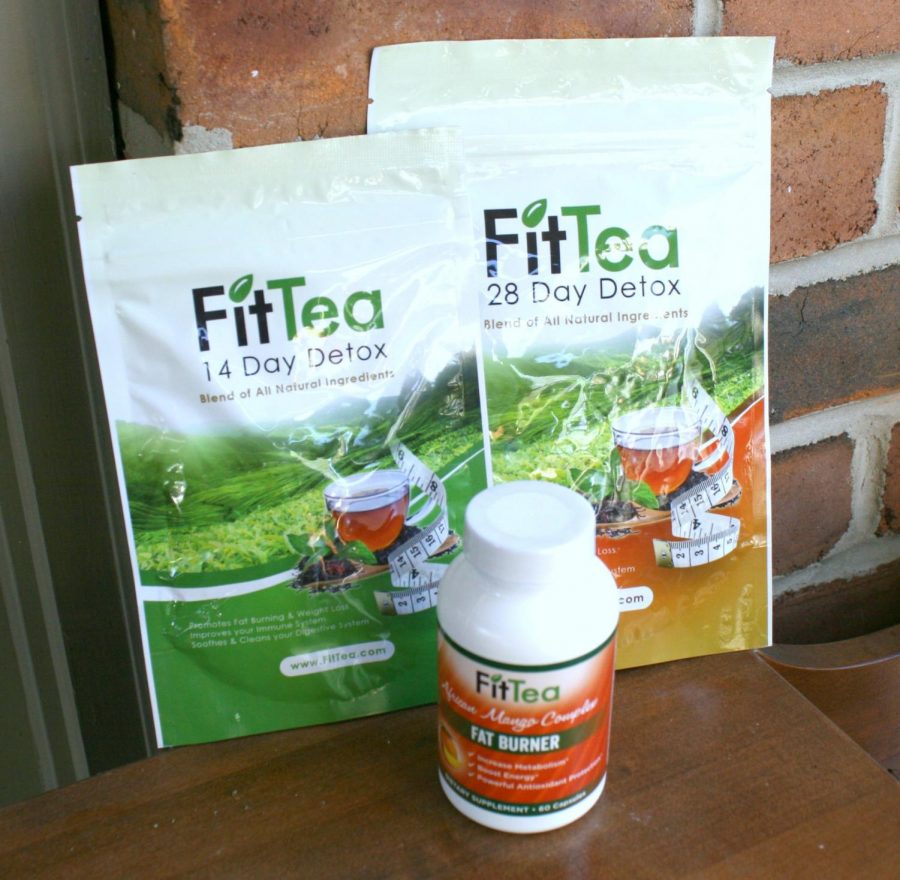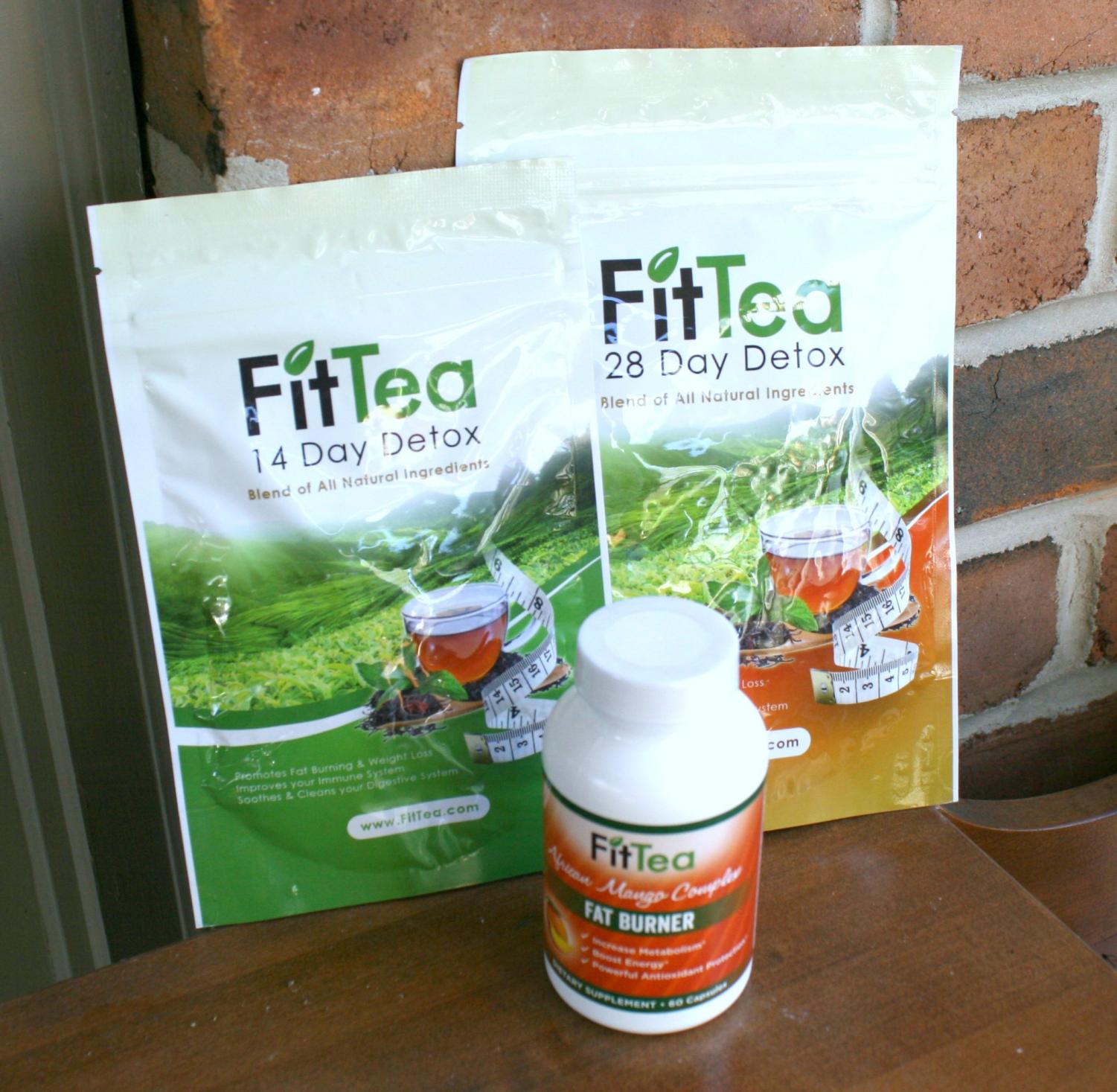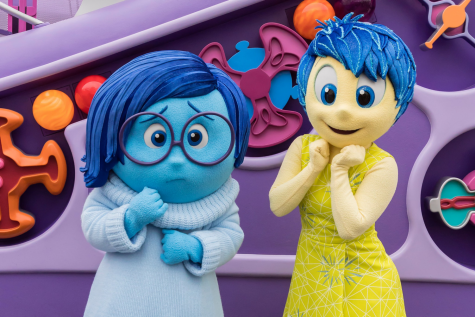Detoxing Instagram Culture: The Power of the Influencer

Detoxing Instagram Culture: The Power of the Influencer
Instagram influencers frequently promote detox teas to their followers. (Courtesy of Flickr)
Instagram influencers frequently promote detox teas to their followers. (Courtesy of Flickr)
November 6, 2019
Hang on for a minute...we're trying to find some more stories you might like.
Email This Story
It is no secret that good nutrition and frequent exercise have benefits for both physical and mental health. But in today’s world of Instagram models and detox trends, fitness can quickly enter the realm of the unhealthy and even the detrimental.
Some of the practices promoted by self-proclaimed fitness gurus on the internet can be harmful for your health in the long run. In addition, the stream of fitness images social media can promote unhealthy body images and lead to problems with self-esteem in its users.
A recent article from Fordham University at Lincoln Center’s The Observer highlighted the problems that social media influencers have in the realm of health and wellness. Many of the diets and products that influencers promote to their followers are ineffective and even dangerous.
There is a significant financial incentive for these figures, as they are often paid to create posts showcasing the different diet or fitness products by their respective developers. Instead of promoting brands they truly believe in, many influencers will choose the brands that pay them the most.
This behavior is especially problematic because of the large volume of young users on social media. Young girls are especially prone to body image and self-esteem issues, and social media has only exacerbated the problem. These girls often do not know better, and they may not possess the necessary skepticism older users have when it comes to these advertisements. Additionally, social media algorithms create a false sense of closeness with these influencers, fostering a trust that makes young users increasingly swayed by their posts.
Instagram, in particular, has allowed social media fitness gurus to thrive. Despite financial success, many of these fitness models have struggled with disordered eating due to the expectations they feel from their followers and other influencers. The constant flow of incredibly, and often unrealistically, thin and fit models can contribute to a worsened body image for users viewing the content.
Many celebrities like the Kardashian sisters have received backlash for their posts that promote these unhealthy dieting products such as detox teas or appetite-suppressing candy. These posts often hide the reality of the situation.
The Food and Drug Administration does not regulate dietary supplements like those promoted by social media influencers, thus leaving many potential dangers. Additionally, many of the diets promoted online can do more harm than good by cutting out crucial nutrients for the human body.
Actress Jameela Jamil, known for her role on “The Good Place,” has been an outspoken advocate against these celebrity-touted diet trends. Jamil, has been open about her previous struggles with an eating disorder.
“The money is built on the blood and tears of young women who believe in them, who follow them, who look up to them like the big sister they never had,” said Jamil.
There is a level of trust that social media fosters that makes these advertisements even more effective, and even more dangerous.
Mental health can be just as negatively affected by this toxic diet culture as physical health is. One study conducted by the University of Pittsburgh named Instagram the worst social media platform for the mental health of young people (according to young people themselves).
One of the researchers noted that, platforms such as Instagram and Snapchat, which ranked in the two worst spots on the survey, “are very image-focused and it appears they may be driving feelings of inadequacy and anxiety in young people.”
Snapchat, another popular platform among young adults in particular, is even more focused on selfies and appearances than Instagram. In a similar manner, Snapchat has come under fire for the popularity of filters on the app that retouch user’s faces in a dramatic way. Researchers in Boston reported the rise of “Snapchat dysmorphia,” which they coined to describe the rise in self-esteem issues and body dysmorphia as a result of social media apps like Snapchat.
Is it possible to use social media in a healthy manner, considering all of these occurrences? In response to the public outcry against many of the platform’s elements, Instagram has pledged to make changes. As The Observer highlighted, Instagram will release a new update at the end of 2019 to “help college-aged students better process what they are exposed to on the app.”
One notable change that has recently occurred saw the removal of selfie filters on Instagram that mimic plastic surgery results. These filters included “Plastica,” which replicated the results of lip and cheek fillers, and “Fix Me,” which drew lines on the user’s face showing where a plastic surgeon might make changes.
Additionally, influencers now must declare when a post is being sponsored, usually with a “#ad” in the caption. With an awareness that this content is being paid for, users may be more skeptical about the product’s abilities and safety.
When it comes to physical fitness, a balanced and nutritional diet should be the highest priority, alongside healthy physical activity. Some Instagram fitness models have made it a point to post unedited photos or some taken from unflattering angles in order to show users that the perfection found in their images is impossible to maintain on a constant basis.
Mindset is key here: the goal should not be immediate and constant perfection, but instead, healthy progress. Social media platforms do have a responsibility to their users to mitigate the negative effects of the app on self-esteem and body image. The recent changes to Instagram are great examples of small alterations that can make a positive difference.
As Jeffrey Ng, Psy.D., director of Counseling and Psychological Services at Fordham University, told The Observer, Instagram is now changing its focus to be more mindful of mental health.Thankfully, with more open discussions about the mental health ramifications of social media, platforms have been able to make adjustments to improve the overall experience. However, it remains imperative that users are aware of the fabricated nature of the content on these sites.
When it comes to physical fitness, a balanced and nutritional diet should be the highest priority, alongside healthy physical activity. Some Instagram fitness models have made it a point to post unedited photos or some taken from unflattering angles in order to show users that the perfection found in their images is impossible to maintain on a constant basis.
Mindset is key here: the goal should not be immediate and constant perfection, but instead, healthy progress. Social media platforms do have a responsibility to their users to mitigate the negative effects of the app on self-esteem and body image. The recent changes to Instagram are great examples of small alterations that can make a positive difference. As Dr. Ng, director of Counseling and Psychological Services at Fordham University, told The Observer, Instagram is now “focused on fostering and cultivating mental health.”
Thankfully, with more open discussions about the ensuing mental health ramifications of social media, platforms have been able to make adjustments to improve the overall experience. However, it remains imperative that users are aware of the fabricated nature of the content on these sites.












If you want a picture to show with your comment, go get a gravatar.